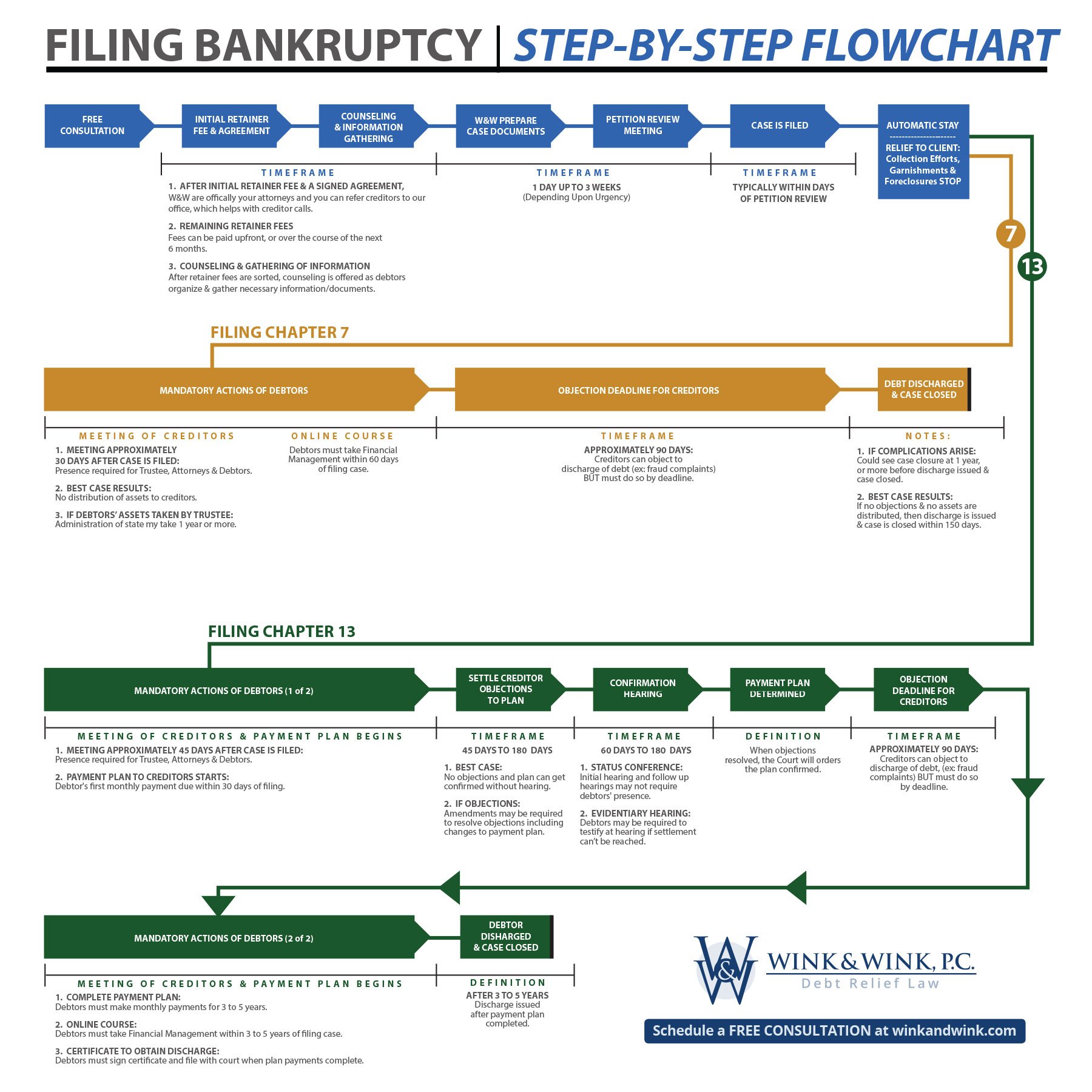Tax havens and their legality have long been a topic of intrigue and debate. So, what is a tax haven and its legality? In simple terms, a tax haven is a country or jurisdiction that offers favorable tax conditions and financial secrecy to individuals and businesses. It allows them to minimize their tax obligations or even avoid them altogether. But are these practices legal? That’s where things get intriguing. Join me as we delve into the fascinating world of tax havens and explore their legality from a global perspective.
What is a Tax Haven and Its Legality
Tax havens have long been a topic of controversy and intrigue in the world of finance and taxation. These jurisdictions, often small countries or territories, attract individuals and businesses looking to minimize their tax liabilities. In this article, we will delve into the concept of tax havens, exploring their characteristics, legality, and the implications they have on global tax systems.
Defining Tax Havens
Tax havens, also known as offshore centers or international financial centers, are jurisdictions that offer favorable tax conditions and financial secrecy to attract foreign individuals and companies. These havens typically have low or zero tax rates, providing a means for individuals and businesses to reduce their tax burdens legally or even evade taxes in their home countries.
Characteristics of Tax Havens
Tax havens share several characteristics that make them attractive to those seeking to minimize their tax liabilities. These characteristics include:
- Low or zero tax rates: Tax havens often offer significantly lower tax rates compared to other jurisdictions. Some tax havens even provide complete tax exemptions on certain types of income or activities.
- Financial secrecy: Tax havens prioritize confidentiality by implementing strict banking and corporate secrecy laws. These laws protect the identities of individuals and businesses, making it challenging for tax authorities to obtain information about their financial activities.
- Minimal or no reporting requirements: Tax havens often have minimal reporting obligations for individuals and companies. This lack of transparency makes it easier for individuals and businesses to hide their assets and income from their home country’s tax authorities.
- Easy company formation: Tax havens often have simplified and streamlined procedures for company registration, making it convenient for individuals and businesses to establish offshore entities.
The Legality of Tax Havens
The legality of tax havens is a complex and often debated topic. While the use of offshore jurisdictions to minimize tax liabilities is not inherently illegal, the manner in which individuals and companies utilize tax havens can determine the legality of their actions. It is essential to distinguish between legitimate tax planning and illegal tax evasion.
Legitimate Tax Planning
Many individuals and businesses utilize tax havens for legitimate tax planning purposes. Legitimate tax planning involves taking advantage of legal provisions and structures to reduce tax liabilities within the framework of the law. Some examples of legitimate tax planning strategies include:
- Tax-efficient investment vehicles: Investing through offshore companies or trusts can provide various legitimate tax advantages, such as deferring taxes or reducing tax rates on investment income.
- Asset protection: Offshore jurisdictions with strong asset protection laws allow individuals to safeguard their assets from litigation or other legal risks.
- International business operations: Companies with global operations may establish subsidiaries in tax havens to optimize their tax structure and minimize worldwide taxation.
It is important to note that legitimate tax planning involves compliance with tax laws and regulations, accurate reporting, and transparency about financial activities.
Illegal Tax Evasion
While tax planning is legal and widely practiced, tax evasion is illegal and subject to severe penalties. Tax evasion refers to the deliberate and illegal underreporting of income, concealing assets, or manipulating financial records to evade taxes. Tax havens can be utilized as tools for tax evasion when individuals or businesses deliberately hide income or assets from tax authorities.
It is crucial to emphasize that tax evasion is illegal, and tax authorities worldwide have been increasingly cracking down on such practices. Organizations such as the Organisation for Economic Co-operation and Development (OECD) and the Financial Action Task Force (FATF) have been working to combat tax evasion and promote transparency and information sharing among jurisdictions.
Implications of Tax Havens
The presence of tax havens and the use of offshore structures have significant implications for global tax systems and economies. Some of these implications include:
- Revenue loss for countries: The use of tax havens by individuals and businesses can result in significant revenue losses for their home countries. Governments may need to compensate for these losses by increasing taxes on other individuals or businesses.
- Increased complexity in tax systems: The presence of tax havens makes tax systems more complex as governments implement measures and regulations to prevent tax evasion and ensure fairness in taxation.
- Growing international collaboration: Countries and international organizations are increasingly working together to tackle tax evasion and promote transparency through initiatives such as the Common Reporting Standard (CRS) and Automatic Exchange of Information (AEOI).
- Erosion of public trust: The use of tax havens by high-profile individuals and multinational corporations has led to public scrutiny and criticism, eroding trust in the fairness of the global tax system.
- Increased focus on transparency: Governments and international bodies are placing greater emphasis on transparency and information exchange to address the challenges posed by tax havens.
Tax havens play a controversial role in the global tax landscape. While they offer favorable tax conditions and financial secrecy, the legality of their use depends on whether individuals and businesses engage in legitimate tax planning or illegal tax evasion. The implications of tax havens extend beyond revenue loss, contributing to increased complexity in tax systems and emphasizing the need for international collaboration and transparency. As the world continues to address the challenges posed by tax havens, striking a balance between legitimate tax planning and the prevention of illegal tax evasion remains a critical goal for governments and tax authorities worldwide.
Tax Havens Explained
Frequently Asked Questions
Frequently Asked Questions (FAQs)
What is a tax haven and its legality?
A tax haven refers to a country or jurisdiction that offers individuals and businesses favorable tax benefits, such as low or no taxes, anonymity, and minimal financial regulations. However, the legality of tax havens varies, and it is important to understand the nuances.
How does a country become a tax haven?
Countries become tax havens by implementing specific tax laws and financial regulations that attract individuals and businesses seeking to minimize their tax liabilities. These laws often include low tax rates, tax exemptions, and secrecy provisions.
Are tax havens legal?
The legality of tax havens depends on various factors, including the specific laws and regulations of each jurisdiction. While many tax havens operate within their legal frameworks, there may be instances where the use of tax havens can infringe on tax evasion or money laundering laws, making it important to seek legal advice beforehand.
Can individuals benefit from tax havens?
Yes, individuals can benefit from tax havens by legally reducing their tax obligations. Tax havens offer opportunities for individuals to shield their wealth from high-tax jurisdictions, potentially leading to increased financial privacy and reduced tax burdens.
Are businesses allowed to use tax havens?
Businesses are legally allowed to use tax havens to minimize their tax obligations. By establishing subsidiaries or incorporating in tax havens, companies can benefit from favorable tax rates and potentially increase their global competitiveness.
What are the potential disadvantages of using tax havens?
While tax havens offer advantages, there are also potential disadvantages. These include reputational risks, increased scrutiny from tax authorities, and changes in international regulations that could reduce the effectiveness of tax planning strategies.
Can using tax havens lead to legal issues?
Using tax havens can potentially lead to legal issues if individuals or businesses engage in illegal activities, such as tax evasion or money laundering. It is essential to understand the tax laws and regulations of both the home country and the tax haven to ensure compliance and mitigate any legal risks.
How can one determine the legality of a tax haven?
Determining the legality of a tax haven involves analyzing its tax laws, financial regulations, and compliance with international standards. Seeking professional advice from tax experts and legal advisors who specialize in international taxation can help individuals and businesses assess the legality and potential risks associated with specific tax havens.
Final Thoughts
A tax haven is a country or jurisdiction that offers favorable tax laws and regulations, attracting individuals and businesses to establish their financial activities there. While tax havens may offer advantages such as low or zero taxation rates, wealth protection, and financial privacy, their legality is often a subject of debate. While some countries strictly enforce regulations to prevent tax evasion and illicit financial activities, others may turn a blind eye or even facilitate such practices. The legality of tax havens depends on international tax treaties, transparency laws, and the intentions behind establishing them. It is crucial to understand the complexities and implications of utilizing tax havens to ensure compliance with legal and ethical standards.



